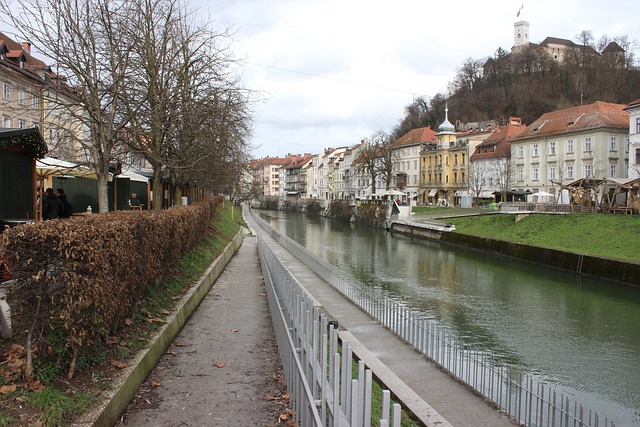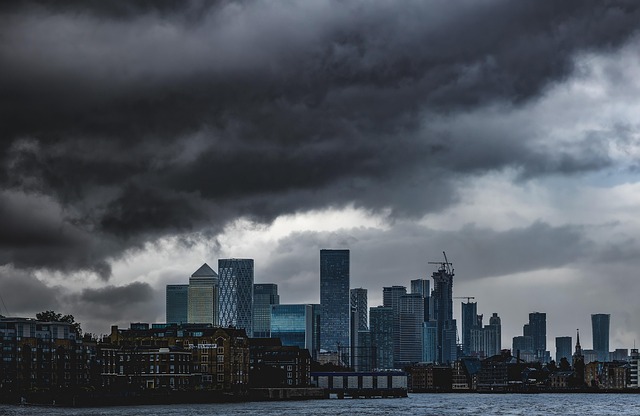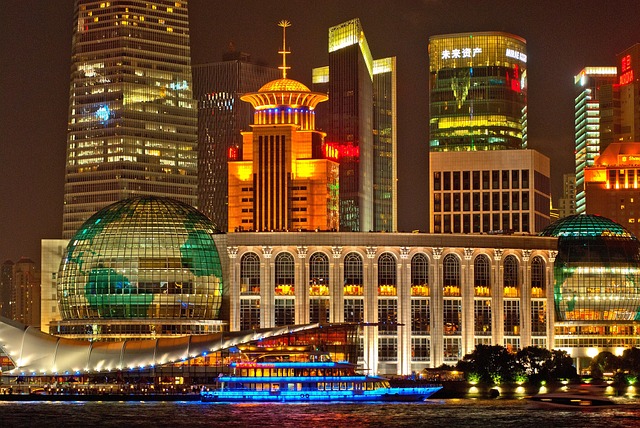Karachi's Civil Lines has witnessed a remarkable transformation in its grocery landscape over time, reflecting the city's growth and changing consumer preferences. Historically known for small, family-run shops offering local produce and personalized service, the area has evolved to include larger supermarkets and hypermarkets with international brands and self-service checkouts since the late 20th century. Today, Civil Lines offers a unique blend of traditional stores and modern chain supermarkets, showcasing Karachi's dynamic nature where tradition and innovation converge. Grocery stores in Karachi have adapted to global retail trends, offering diverse products and services like digital displays, mobile payments, home delivery, organic produce, and extensive dairy, meat, and bakery selections. These stores serve as community hubs, fostering connections and preserving culinary heritage. The future of grocery shopping in Karachi looks bright, driven by increasing online delivery services and a growing emphasis on sustainable practices.
“Explore the fascinating journey of grocery stores in Karachi’s Civil Lines, a vibrant neighborhood known for its rich history and diverse culture. This article delves into the evolution of these retail hubs, from their historical roots to modern-day innovations. Discover how traditional grocers have transformed into dynamic community centers, shaping local lifestyles and culinary experiences. We examine the impact of these stores on Karachi’s vibrant landscape and explore future trends, highlighting the endless possibilities that lie ahead for this essential sector in the heart of Pakistan.”
- The Evolution of Grocery Stores in Karachi's Civil Lines
- Historical Overview: A Glimpse into the Past
- Modern Groceries: Changes and Innovations
- Community Impact: How These Stores Shape Local Life
- Future Prospects: Trends and Possibilities
The Evolution of Grocery Stores in Karachi's Civil Lines

The grocery stores of Karachi’s Civil Lines have evolved significantly over time, reflecting the city’s growth and changing consumer preferences. Historically, the area was dotted with small, family-owned shops that offered a personal shopping experience. These stores stocked basic necessities, with fresh produce and meat from local vendors, and a selection of packaged goods. As Karachi expanded, so did Civil Lines, giving way to larger supermarkets and hypermarkets in the late 20th century. These new stores brought a wider variety of products, including international brands, and introduced self-service checkout systems, streamlining the shopping experience for customers.
Today, Karachi’s Civil Lines is home to a mix of traditional grocery stores and modern chain supermarkets. The former retains elements of their heritage, providing a sense of community and personal service, while the latter offers the convenience of one-stop shopping with advanced technologies. This blend reflects the dynamic nature of the city, where tradition and innovation coexist, shaping the future of grocery retail in Karachi.
Historical Overview: A Glimpse into the Past

In the heart of Karachi, Civil Lines has evolved over centuries, reflecting the city’s rich history and dynamic retail landscape. Historically, this area was known for its bustling markets, where locals would gather to trade goods and engage in lively conversations. The first modern grocery stores emerged during the colonial era, introducing new concepts of organized retail. These stores served as lifelines for communities, offering a wide array of products from across the globe. As time progressed, Civil Lines’ grocery stores became more than just places to buy food; they transformed into social hubs where people would spend quality time with family and friends.
The post-independence era saw a surge in local entrepreneurship, leading to the proliferation of family-owned grocery stores that catered to the unique tastes and preferences of Karachiites. These stores not only contributed to the area’s vibrant economy but also played a significant role in preserving cultural culinary traditions. Today, Civil Lines continues to be a destination for food enthusiasts and history buffs alike, showcasing the harmonious blend of traditional retail heritage and modern convenience in the bustling metropolis of Karachi.
Modern Groceries: Changes and Innovations

In Karachi, grocery stores have undergone a remarkable transformation, reflecting global trends in retail. Modern groceries in the city are no longer just about selling food; they’ve become dynamic spaces that offer a wide array of products and services under one roof. From organic produce sections to international food aisles, these stores cater to diverse consumer needs. Customers can now expect to find exotic fruits from around the world, locally sourced organic vegetables, and an extensive selection of dairy, meat, and bakery items.
The innovations don’t stop there. Many Karachi grocery stores have embraced technology, incorporating digital displays, self-checkout lanes, and mobile payment options for a seamless shopping experience. Some even offer home delivery services, allowing customers to browse and buy from the comfort of their homes. These changes have not only enhanced convenience but also encouraged consumers to explore new products and culinary experiences, enriching their overall grocery journey in Karachi’s modern retail landscape.
Community Impact: How These Stores Shape Local Life

In Karachi, grocery stores play a vital role in shaping local life, serving as more than just places to buy essentials. These stores are often the heart of communities, fostering connections and enhancing social interactions. They serve as meeting points where neighbors gather, exchange news, and build relationships, creating a strong sense of community.
The impact extends beyond social dynamics; these stores cater to diverse cultural needs, offering products that reflect the rich culinary tapestry of Karachi. By providing access to local produce, traditional spices, and specialty items, they preserve culinary heritage and enable residents to maintain cultural practices. This cultural significance contributes to the city’s vibrant identity, making grocery stores essential pillars in the social and cultural landscape of Karachi.
Future Prospects: Trends and Possibilities

The future of grocery stores in Karachi holds exciting prospects with emerging trends shaping the retail landscape. One prominent trend is the rise of online grocery shopping and delivery services. As technology advances, more customers in Karachi are opting for the convenience of having their groceries delivered right to their doorsteps. This shift presents a significant opportunity for local grocers to expand their reach and cater to a wider customer base.
Additionally, sustainable and eco-friendly practices are gaining traction. Karachi’s grocery stores can embrace these trends by offering more organic and locally sourced products, reducing plastic packaging, and adopting energy-efficient operations. With growing environmental consciousness, consumers in Karachi are increasingly conscious of the impact of their purchasing decisions. Embracing these sustainable initiatives can attract health-conscious and environmentally aware shoppers, positioning grocers as responsible and forward-thinking businesses.
The evolution of grocery stores in Karachi’s Civil Lines reflects a dynamic urban landscape. From historical roots tracing back to traditional markets, the region has embraced modern innovations like self-service checkout systems and expanded product ranges. These changes have significantly impacted local communities, fostering convenience, economic growth, and social interaction. Looking ahead, the future of grocery stores in this area promises further technological advancements and sustainable practices, shaping not just shopping experiences but also the vibrant tapestry of Karachi’s Civil Lines.
